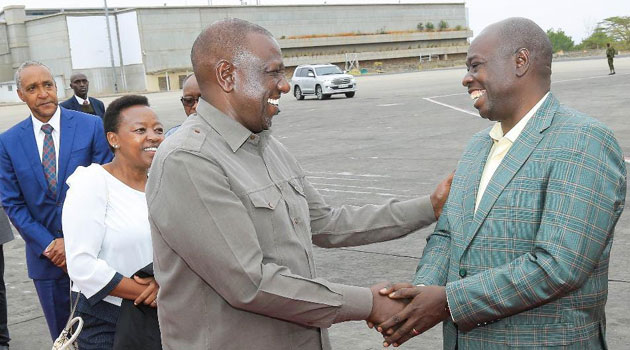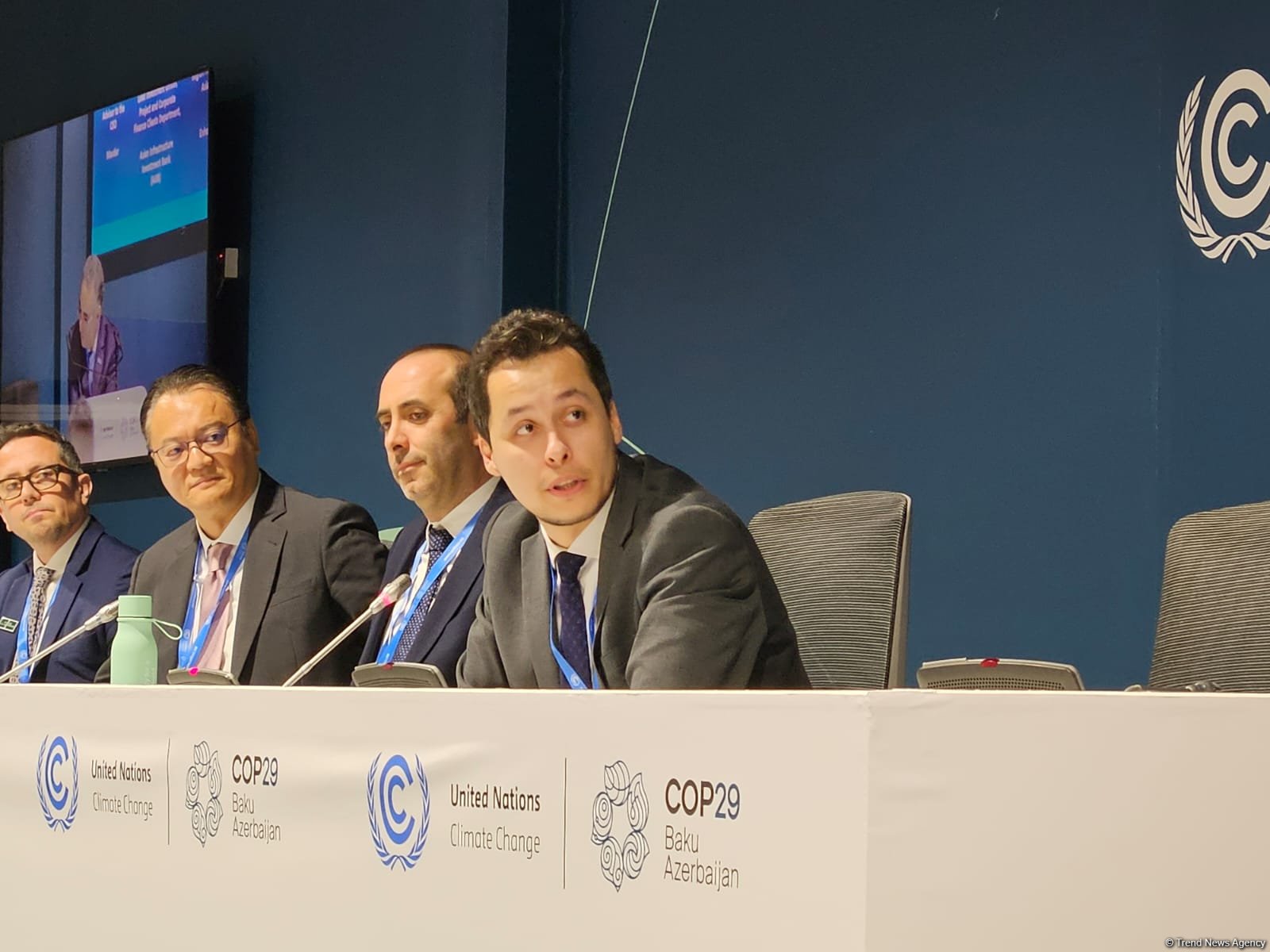NAIROBI, Kenya, Sep 18 — President William Ruto is expected in London later on Sunday to begin his first trip abroad since assuming office as Head of State.
Ruto, who departed on a commercial flight from Nairobi, will arrive in London at 03:21PM BST (05.31PM EAT).
The plane carrying the Head of State and his delegation which included First Lady Rachel Ruto departed from the Jomo Kenyatta International Airport 36 minutes ahead of its slotted time and its arrival at the London Heathrow Airport will be 54 minutes earlier than scheduled taking an estimated 8 hours 37 minutes.
Ruto, who will be attending the State Funeral of Queen Elizabeth II on Monday, was seen off by Deputy President Rigathi Gachagua, Chief of Defence Forces Gen Robert Kibochi, Head of Public Service Joseph Kinyua and Foreign Affairs Principal Secretary Amb Macharia Kamau.

State House said the second leg of President Ruto’s inaugural tour abroad will see him attend the United Nations General Assembly in New York, United States.
President Ruto, State House indicated, will seek to strengthen ties with the international community in a bid to “catalyse the transformation of our country.”
The 77th session of the United Nations General Assembly will feature a summit convened by the UN Secretary-General António Guterres on Monday whose theme is: Transforming Education.
Other key topics that will be discussed during at the 77th session of UNGA include the war in Ukraine, the energy crisis, climate action and global efforts to end the COVID-19 pandemic.
The theme for the 77th session of the General Assembly is: “A watershed moment: transformative solutions to interlocking challenges.”
Leaders will then converge for general debate from Tuesday, September 20, to Monday, September 26.
Two high-level meetings are also slated on Tuesday and Monday, September 26.
On Tuesday, global leaders will gather to commemorate the 30th anniversary of the adoption of the Declaration on the Rights of Persons Belonging to National or Ethnic, Religious and Linguistic Minorities.
The Declaration on the Rights of Persons Belonging to National or Ethnic, Religious and Linguistic Minorities was adopted in December 1992 by the General Assembly under resolution 47/135.
Resolution 47/135 required all UN Member States to protect the existence of all listed minority groups and encourage the promotion of their respective identities.
The resolution also required States to adopt appropriate legislative measures towards the realization of the objective to protect minorities.
It sought to guarantee minorities “the right to enjoy their own culture, to profess and practise their own religion, and to use their own language, in private and in public, freely and without interference or any form of discrimination.”
Tuesday’s event is designated as a mandated event.
On September 26, a high-level plenary meeting will, also designated as a mandated event, will be convened to commemorate the International Day for the Total Elimination of Nuclear Weapons.
The International Day for the Total Elimination of Nuclear Weapons was established under UN General Assembly resolution 68/32 in December 2013.
UN-led efforts to eradicate nuclear weapons were the subject of the General Assembly’s first resolution in 1946, which established the Atomic Energy Commission, later dissolved in 1952.
The UN renewed efforts to manage nuclear weapons in 1959 when the General Assembly agreed to a complete disarmament, a commitment that was followed up by consensus in 1978 to prioritize nuclear disarmament.
The General Assembly renewed its commitment for the observance of the International Day for the Total Elimination of Nuclear Weapons in 2014 through the adoption of resolution 69/58.
Similar calls were made in subsequent years through resolutions 70/34, 71/71, 72/251, 73/40, 74/54, 75/45, and 76/36 despite slow progress on the matter with an estimated 12,705 nuclear weapons still to be eliminated to date.




















Discussion about this post